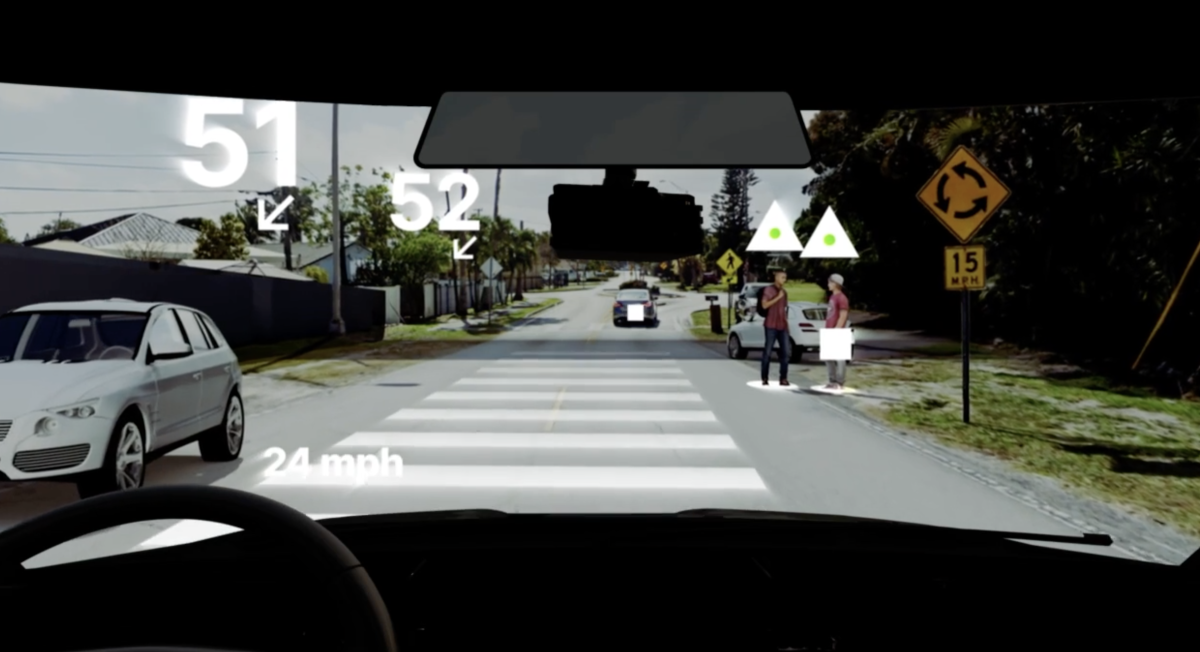Your data could have a price tag
Toyota has filed a patent for a system that would pay vehicle owners in exchange for their driving data. This is how it would work: your car collects information about your trips, sends it to Toyota’s servers, and their system evaluates whether that data is useful. If it passes certain checks and contributes to improvements, you get paid. If not, the data gets discarded, and you receive nothing. The amount you earn would depend on what information Toyota needs at that moment, with prices determined by a constantly updated list.
Participation would be entirely voluntary. Before any data leaves your vehicle, the system would ask permission. You could agree to share information on every trip or toggle it on and off as you please. Even revoking access would be simple, allowing you to potentially change your mind mid-journey if you wanted to keep certain drives private.
Toyota
Training AI with Real-World Scenarios
The data Toyota seeks would serve a specific purpose. Every pothole you hit, wildlife encounter, or unusual road condition becomes training material for autonomous driving algorithms and safety systems. These real-world scenarios help artificial intelligence learn faster than laboratory testing ever could. The patent, uncovered by CarBuzz, suggests that mundane drives might not qualify for payment, but encountering something unexpected on your commute could be worth cash.
This approach could accelerate the development of driver assistance features that currently struggle with edge cases and rare situations. By crowdsourcing diverse driving experiences, Toyota gains access to scenarios that would take years to accumulate through traditional testing methods.
The Policing Lab
The Bigger Picture of Automotive Privacy
Car manufacturers have been collecting data from vehicles for years, but what they gather and how they use it remains frustratingly opaque. Industry estimates suggest this information could generate up to $400 billion annually for automakers by 2030. Currently, drivers have little visibility into what data flows from their vehicles or who profits from it.
Toyota’s patent filing represents a potential shift toward transparency, even if it never becomes a real product. Most patents serve simply to protect intellectual property rather than blueprints for actual implementation.